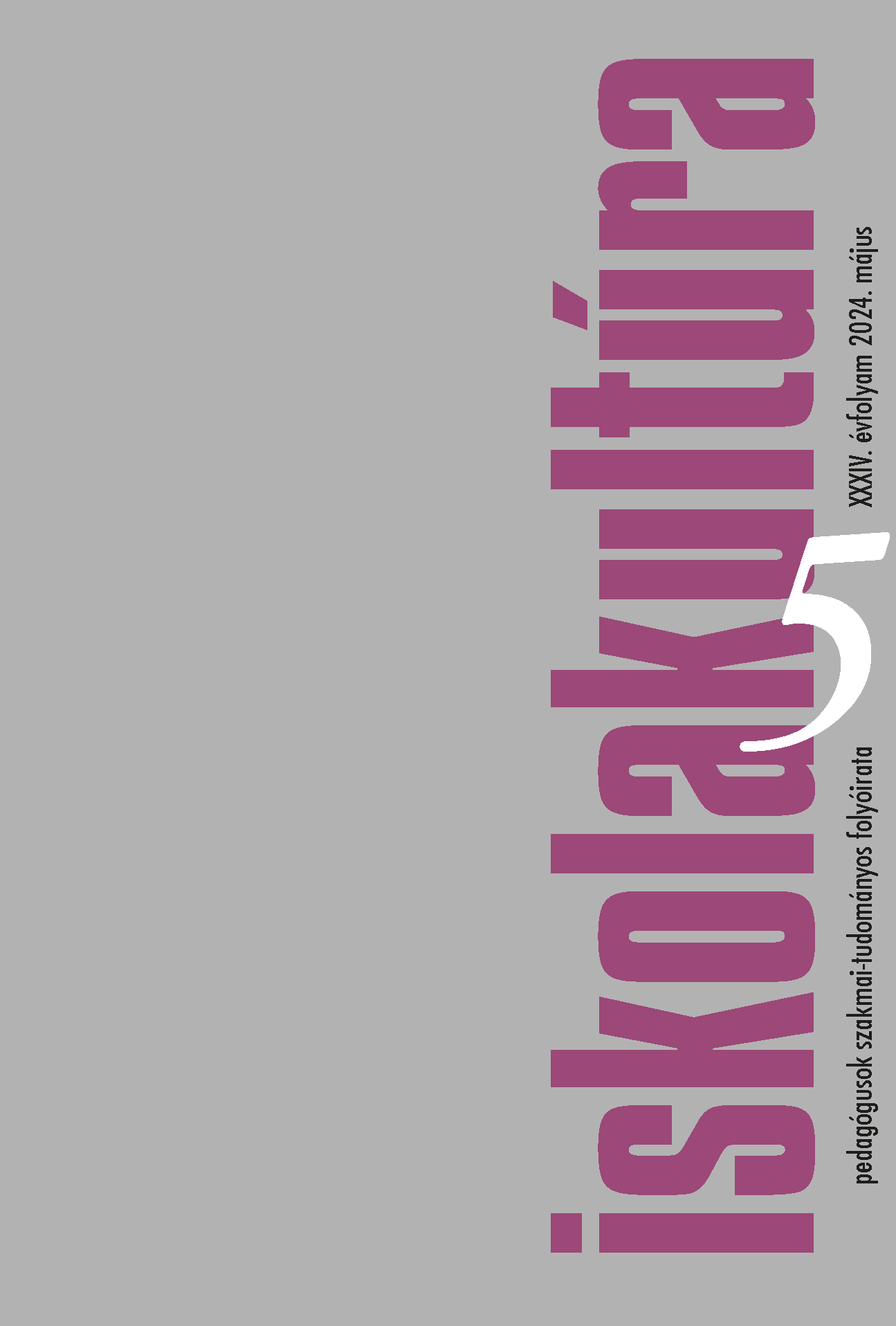“We are integrating from the 3rd of September!” – disadvantaged students in a provincial high school
Main Article Content
Abstract
The focus of this study is the operation of schools as a network. School is the first social institution where children meet others, where they can have the opportunity to form those heterogeneous weak bonds that can help disadvantaged and gypsy youth to have a more successful life path in the long term. In my research, I looked for answers to three research questions: 1. To what extent do the opinions of teachers and class teachers on their educational goals and educational methods influence the development of integrated education and a cohesive class community in everyday life? 2. Does the place of disadvantaged and gypsy children in the class and their relationship with their peers show a separate grouping or discrimination within the class? 3. Are hidden segregation mechanisms present in the classes in addition to integration? By combining and using the strengths of qualitative (interview) and quantitative (network analysis) research methods, this study investigates the situation and peer relationships of disadvantaged and gypsy youth from the point of view of social integration. With a deep analysis of two classes of a vocational high school and a vocational secondary school in a large city, a comparative study indicated that in addition to integration, there are still tasks to be solved in a dedicated secondary school, and that the teachers have a great role in the formation of a cohesive class community, and that the hidden network of the community is formed by the basic network of connections. Analysis methods can be easily, quickly and more accurately compared to sociometry.

